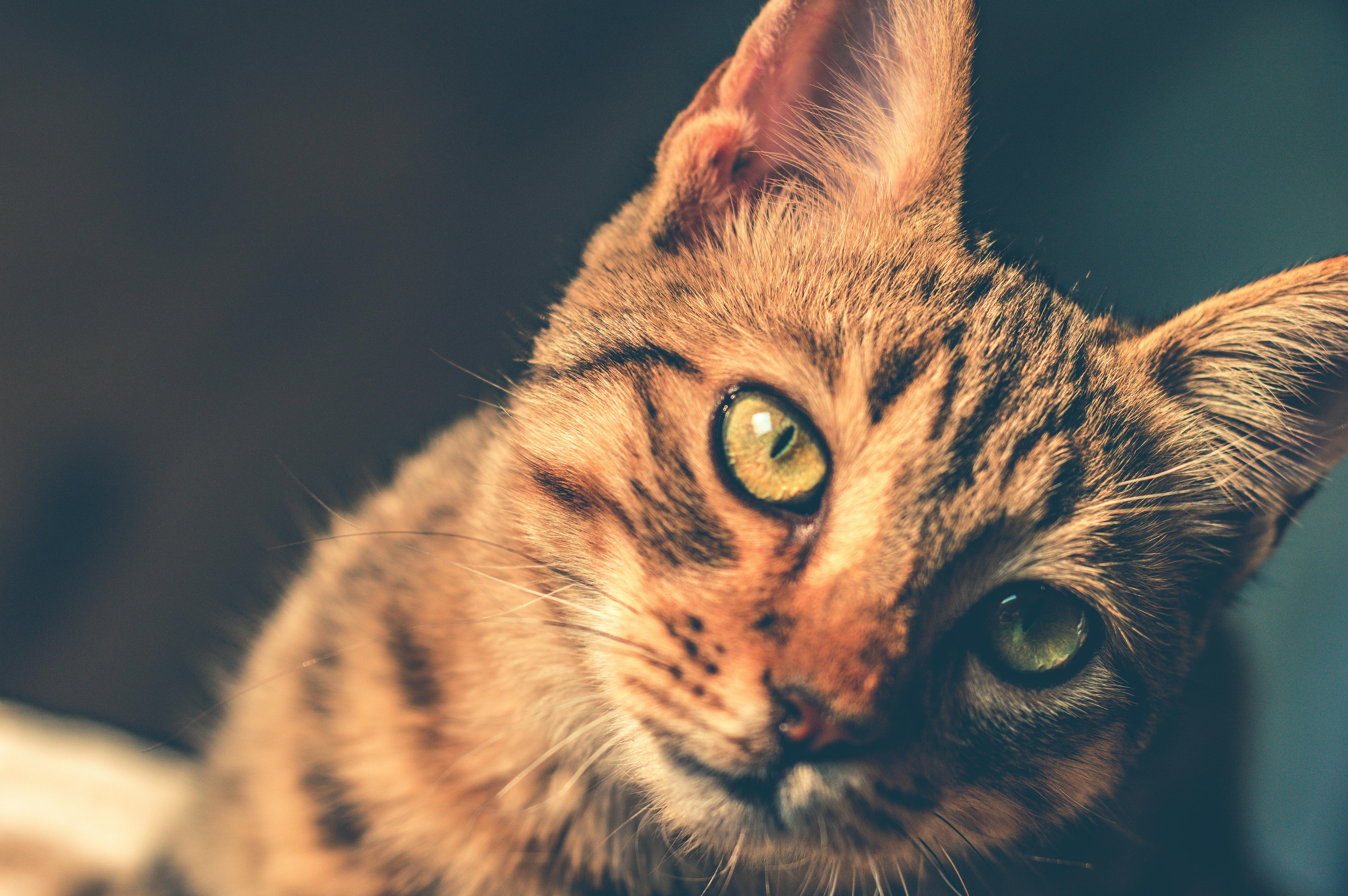Lions, tigers and bears, my God: hypnosis can combat your fears
Aviophobia, the fear of flying, affects thousands of travelers each year. The symptoms are familiar to any phobia sufferer. Cold sweats, shortness of breath, nausea and eventually hyperventilation are only exacerbated by the recycled air and pressurized cabin.
The same symptoms attack the arachnophobic when he sees a spider and the agoraphobic when he faces the open air. They are symptoms of anxiety that arise when we feel physically in danger and threatened. The problem is that our response is out of place in these situations; our physical body is not in danger, but we experience symptoms of the classic fight or flight response.
The word phobia comes from the Greek word for fear and is used in modern English to denote irrational and inappropriate fears. A phobia is a type of anxiety disorder. It occurs when the inability to deal with fear of common activities or things overwhelms you and becomes an integral part of daily life. A 2005 study shows that between 8.7% and 18.1% of Americans suffer from some type of phobia.
To deal with phobias, it is common to avoid situations in which the phobia can be found. In many cases this means excluding an important part of one’s life due to the inability to face a feared experience. As an extreme example, Danish director Lars von Trier refuses to fly. Although his films are shown at many American film festivals, von Trier has never attended any screenings in Europe.
There is a lot of discussion about where phobias originate. Many times the answer seems to be a type of learned behavior. They are a reaction to previous situations and interpretations of previous experiences. That phobias are learned does not make them less ‘real’, but it does mean that they can be unlearned. Recording thoughts and feelings associated with the phobia can help dig out the origins of the fear.
To address and eliminate phobias, the fear must be confronted and new reactions associated with it. Before tackling the dreaded activity it is important to face the idea itself and begin to combat the anxious feelings associated with the anticipation. Additionally, breathing skills, relaxation techniques, self-hypnosis, and concentration exercises are helpful tools that can be practiced prior to the necessary confrontation. Hypnosis can provide the necessary skill set in this difficult situation.
Preparation will provide a foundation for coping with the fear when the phobia is tackled head-on. These techniques will help ‘reprogram’ the brain so that the initial associations with negative panic responses are replaced with new calming thoughts and techniques. Many times this process can take a considerable amount of time, but in many cases only one session is necessary.
